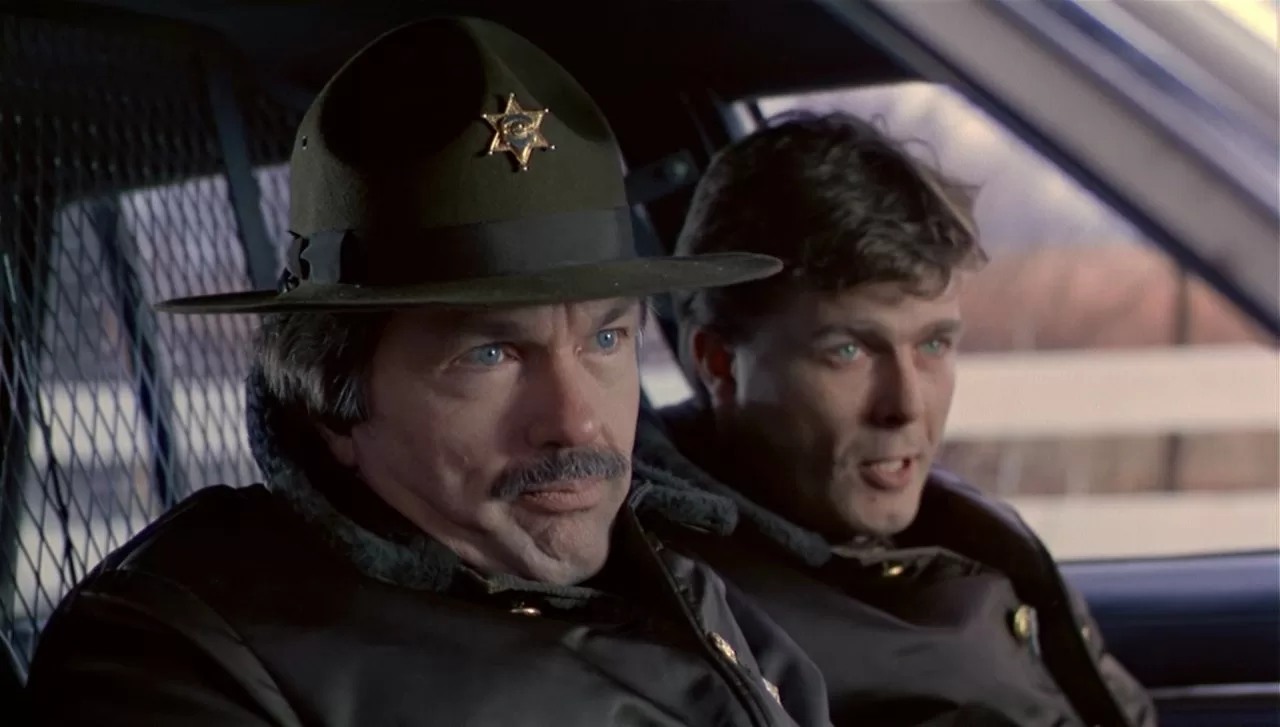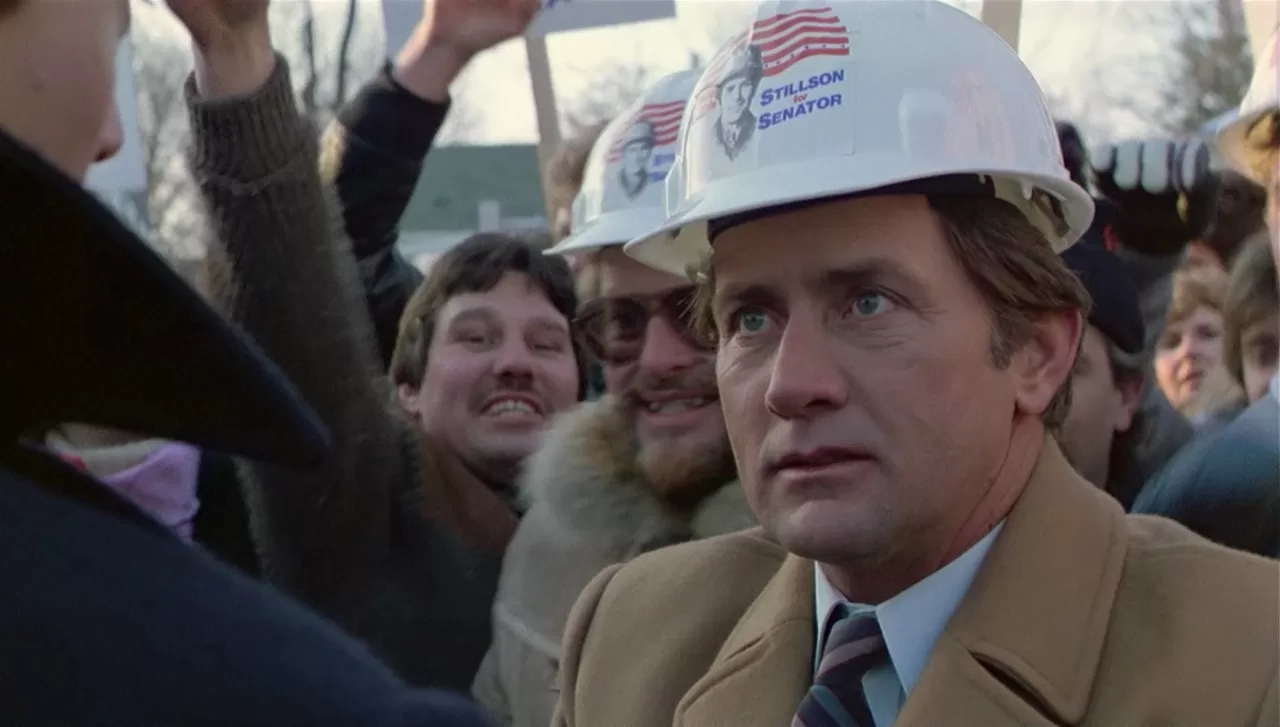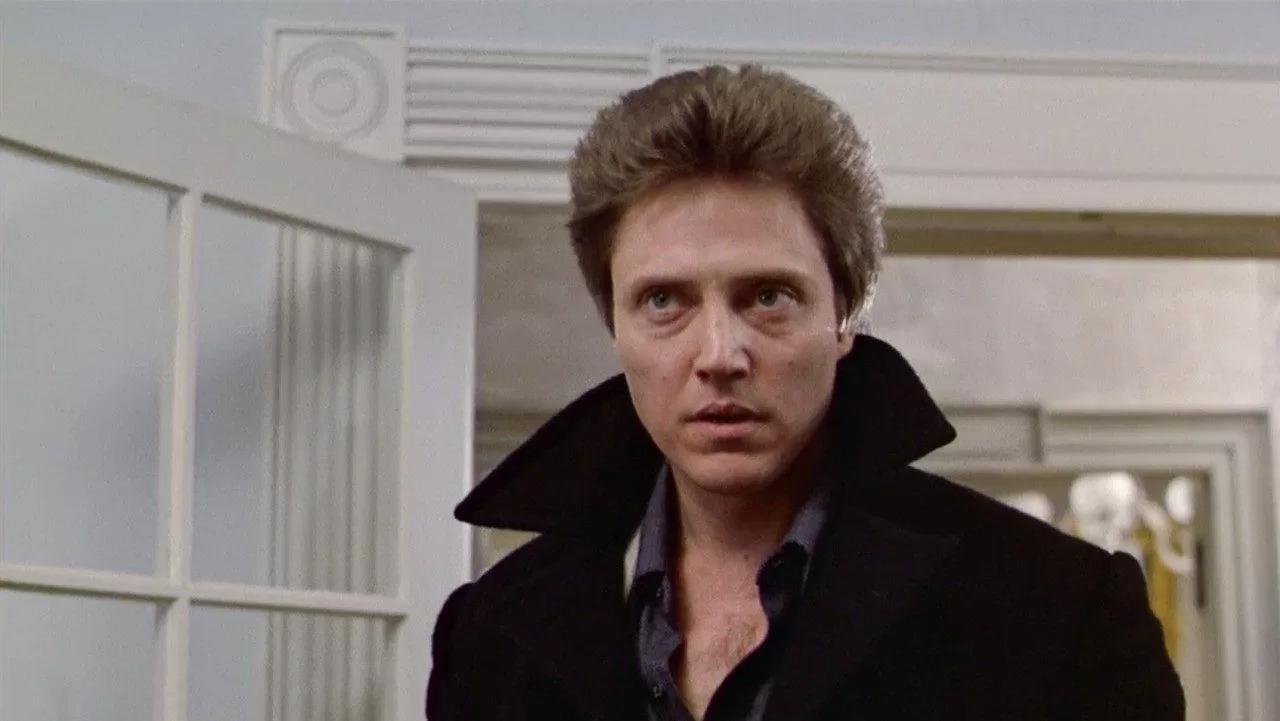
RETRO MOVIE REVIEW: The Dead Zone (1983)
Stephen King is an author that lends himself very well to the medium of film. Even when his books haven’t been adapted perfectly or even that faithfully, there is usually a strong vision behind them that leaves an impact on film. Partly the reason for this is that King is a good high concept writer, which lends itself well to Hollywood adaptations, but it’s also because he brings a strong visual imagination that works well on screen. While many Stephen King films get talked about with some reverence, especially the Stanley Kubrick version of The Shining, others are very good films that aren’t discussed quite so often.
One of these is 1983’s The Dead Zone, which brought together a perfect group of creators at exactly the right time. The involvement of legendary horror director David Cronenberg (who would later go on to direct such films as The Fly) as well as Stephen King adds up to a formidable combination of talent. Add in a screenplay by Jeffrey Boam, who’s written scripts on such films as the Lethal Weapon sequels and Indiana Jones and the Last Crusade, and it becomes clear how well the stars aligned with this movie. It’s also interesting how well the film turned out with its lead actor, since Christopher Walken was not the first choice of either Stephen King or David Cronenberg; King had hoped to cast Bill Murray in the role of Johnny Smith. But looking back on this film today, it’s difficult to imagine The Dead Zone with anyone but Walken in the role.

Boam and Cronenberg do an effective job of bringing King’s story to the screen, maintaining the flavor and spirit of the novel. This is not to say that The Dead Zone is a one-for-one recreation of the novel, as some details are adjusted in translation. Cronenberg redefines the idea of the “dead zone”, which King intended to be the part of Johnny’s brain damaged in the accident that gave him his powers. In this movie, the “dead zone” also refers to missing information from Johnny’s visions of the future. Cronenberg also altered the structure of the film from the book, keeping an episodic quality while not using King’s exact story structure. The details that are changed are done mainly to make the story work better on screen, but they don’t fundamentally change the story at its heart.
As for King’s story itself, the episodic flavor of the story gives a sense of Smith’s life as it flows from beginning to end. The first part deals with Johnny’s accident and the Rip Van Winkle situation, where he awakens from a five-year coma. (Interestingly enough, Walken would later join a Washington Irving adaptation, Sleepy Hollow, a story referenced by Walken in this film.) This then leads into Johnny’s decision to use his power to help the police catch a serial killer, an event that makes him locally famous. That leads into Smith’s decision to move to a nearby town, and his confrontation with the movie’s villain, the corrupt politician Gregg Stillson. These separate stories keep an episodic feel, but functionally they are still three acts of the same movie as interpreted by Cronenberg—the hero is called, the hero reluctantly accepts the call, ending with the hero making a sacrifice for the common good. Smith has a clear character arc, as he gradually copes with the loss of the life he knew and finally accepts that his powers must be used for a good purpose. The movie also raises the specter of a question often asked during the 80’s, whether it is just to kill a man who might one day become a dictator. The movie never dwells too deeply on those themes or spoon-feed answers to the viewer, but it does parallel Cold War fears and the ever-present threat of political corruption.

The cast of this movie is excellent, bringing together some very recognizable names as well as capable actors who aren’t so easily recognizable. Even though Christopher Walken was not the first choice of either Stephen King or David Cronenberg, his presence is commanding and haunting throughout the film. In all of his roles, Walken tends to turn in offbeat performances, which turns out to be perfect for the role of John Smith. There’s always something that seems unusual about Walken, which is a quality that works for a brain-damaged man coping with physical and emotional trauma. Interestingly enough, though, Walken puts in a relatively subdued performance for most of the film; there are very few moments in the film where Walken acts over-the-top as Smith, and that works to the film’s credit. When Walken truly does let loose, as he does with the classic line “the ice is gonna break”, it comes across as the fear and frustration of a man who knows too much about the future. Walken’s delivery of that line is iconic and I can’t imagine any other actor pulling it off nearly as well.
The remainder of the cast does a good job of supporting and contrasting Walken’s performance. Martin Sheen is particularly noteworthy as Gregg Stillson, a senatorial candidate that becomes President in one of Johnny’s visions. Although Sheen today is identified in presidential roles, most notably on The West Wing, it’s interesting to see him in an evil version of the role. Sheen’s charisma shines through in every moment he’s on the screen, and he makes Stillson look charming even while doing some horrific deeds in the film. This makes him a good villain opposite Walken as Smith, who speaks the truth but, like Cassandra, is destined not to be believed. Other cast members include Tom Skerritt in his role as the sheriff of Castle Rock, another natural casting choice and one that would follow him for years since. Brooke Adams puts in a solid performance as Johnny’s love interest Sarah Bracknell; Adams makes her love for Johnny convincing while also balancing it against the pain and regret of leaving him. Finally, Herbert Lom is memorable as Sam Wiezak, Johnny’s doctor, and he gets some good moments in opposite Walken in this film.

While Stephen King adaptations tend to vary in quality depending on who’s involved, The Dead Zone is among the best of them. The movie keeps enough of the book to work as an adaptation, and it changes just enough to make it work for the screen. This movie strikes just the right balance between the two, and it pays clear respect to King’s work in the process. This is a case where the right director ended up with the right material, and the result is a underrated classic of the genre.
Score: 5/5
Director: David Cronenberg
Screenplay: Jeffrey Boam (based on a novel by Stephen King)
Cast: Christopher Walken, Brooke Adams, Martin Sheen, Tom Skerritt, Nicholas Campbell, Herbert Lom
Author Profile
- Steve Sellers had been a fan of superheroes ever since Superman: The Movie. But it took the JSA, the Legion of Super-Heroes, Dragonlance, Lord of the Rings, Twilight Zone, and Chris Claremont's legendary run on the X-Men to make him a writer and a longtime fan of comics, fantasy, and science fiction. Steve is the co-creator of WHITE DRUID & MICHAEL NERO and GUARDIANS OF ELAYIM for Omen Comics, and he is also the creator of BLITZ and SHOCKWAVE for Revelation Comics (an imprint of Omen Comics).










